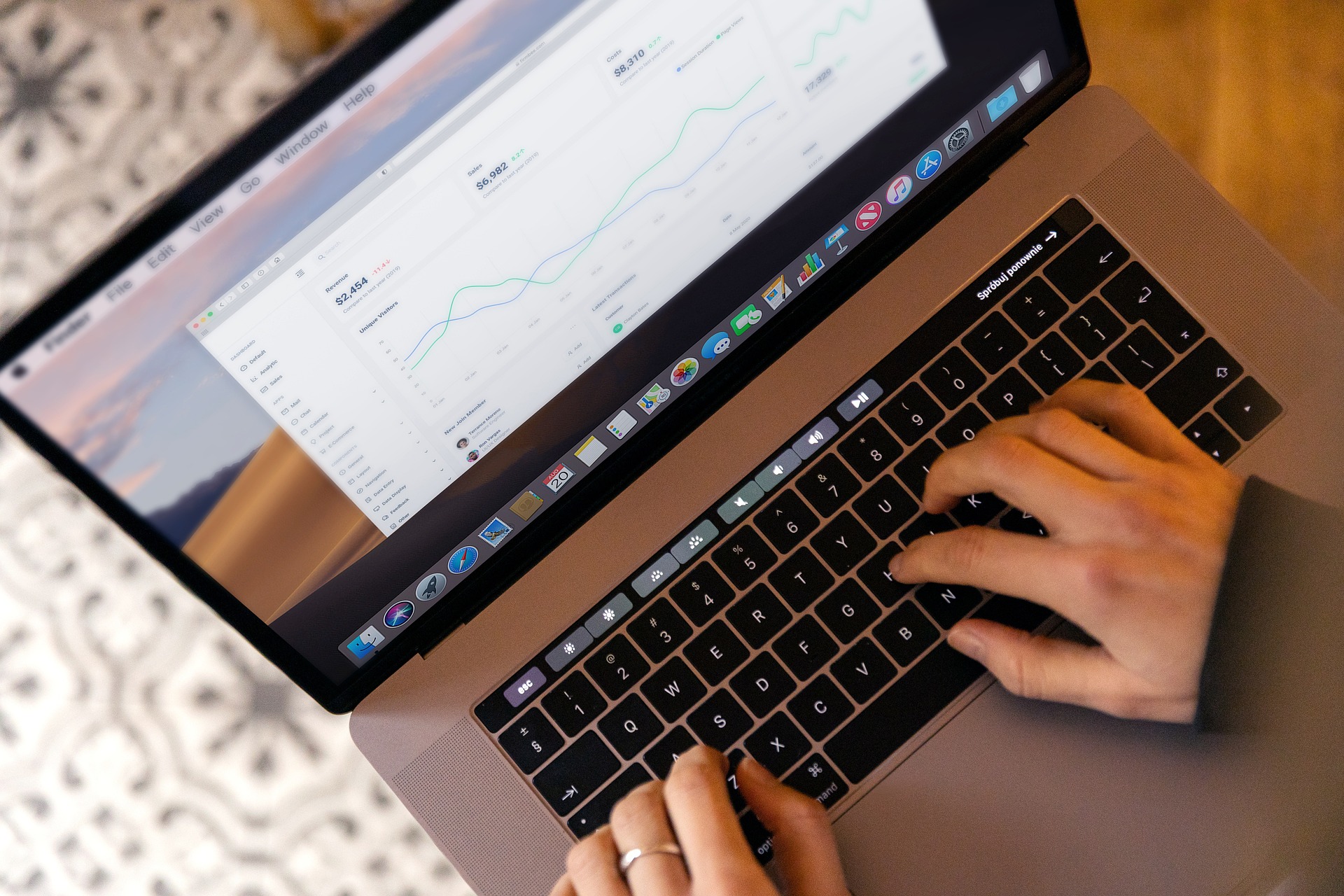Remote work arrangements have skyrocketed in popularity through the Covid-19 pandemic, with more and more workplaces opting to participate in various forms of virtual work. But, a new analysis finds these different types of virtual work arrangements are not one-size-fits-all, and it’s up to leadership to navigate the positive and negative impacts virtual work has on employee well-being.
Led by N. Sharon Hill, associate professor of management at the George Washington University, the team of researchers found that virtual work can have a significant impact on employee psychological well-being. It influences well-being by changing five types of characteristics of employees’ work: perceived freedom to decide when, where, and how work gets done, information processing demands, the uncertainty they feel in their work, social aspects of work, and the ability to balance their work and personal lives. According to the analysis, each of these factors impact an employee’s wellbeing differently, whether it be positively or negatively. Take for example an employee who works from home - they may have more flexibility to balance work and family responsibilities, which increases well being through job satisfaction; however, that same employee may have trouble disengaging while working from home, resulting in burnout and undermining job satisfaction.
Researchers say it’s important that leaders and organizations recognize the varied impacts of virtual work and take steps to help promote virtual worker well-being.
“We need to focus on promoting positive well-being among virtual workers by helping them maximize the well-being benefits of virtual work while also minimizing its negative effects,” Hill says. “Therefore, it’s important for leaders and organizations to help employees navigate these tensions. To do this, they need to understand how different virtual work dimensions impact well-being.”
The paper, “Unpacking Virtual Work’s Dual Effects on Employee Well-Being: An Integrative Review and Future Research Agenda,” was published by the Journal of Management. To speak with Professor Hill or to request a copy of the paper, please contact GW Media Relations Specialist Cate Douglass at cdouglass gwu [dot] edu (cdouglass[at]gwu[dot]edu).
gwu [dot] edu (cdouglass[at]gwu[dot]edu).
-GW-




